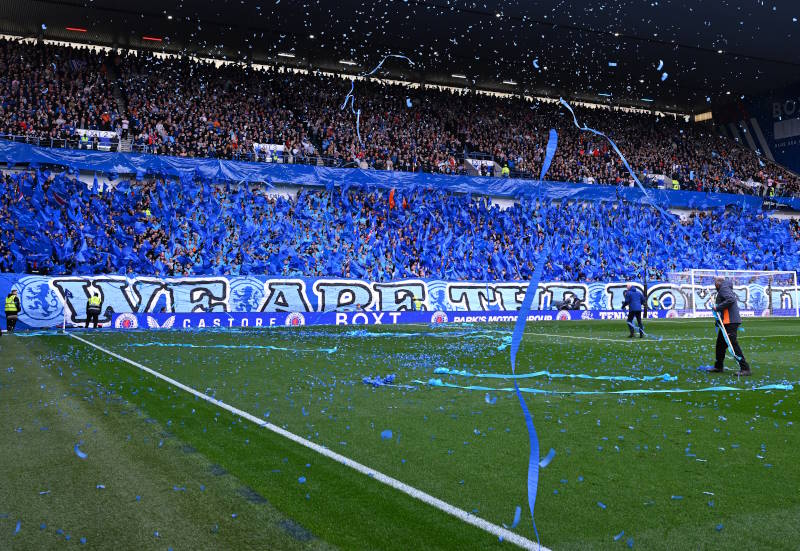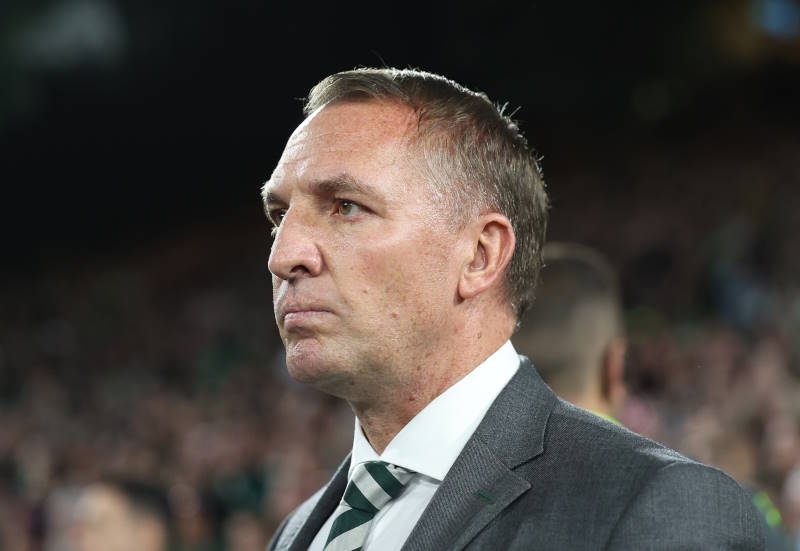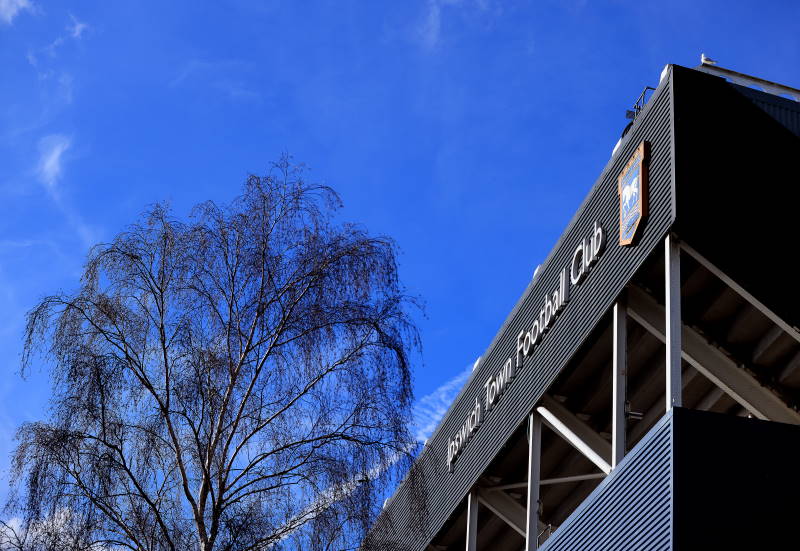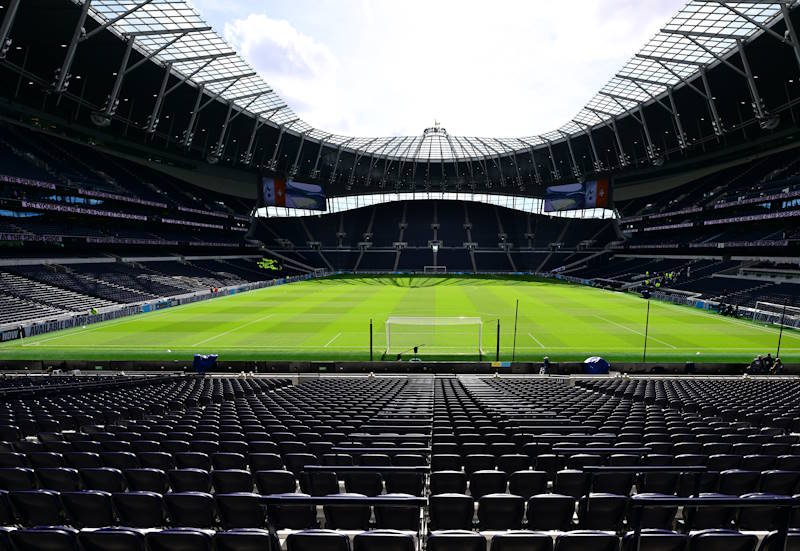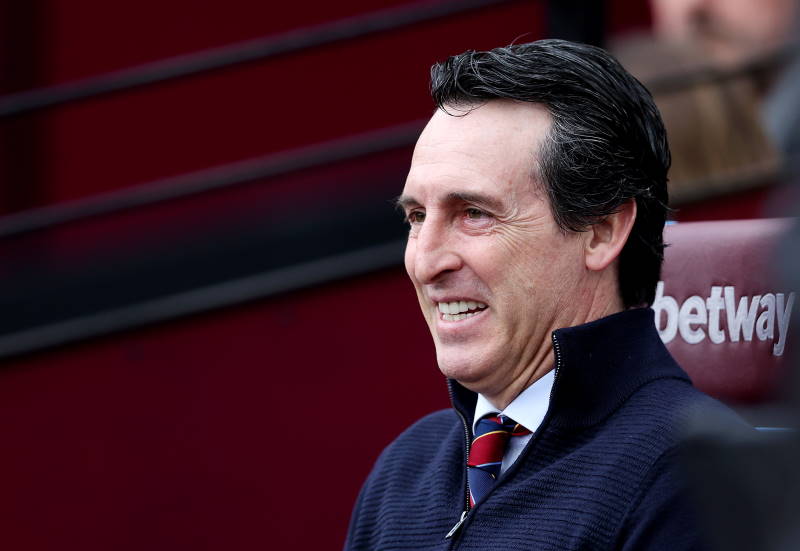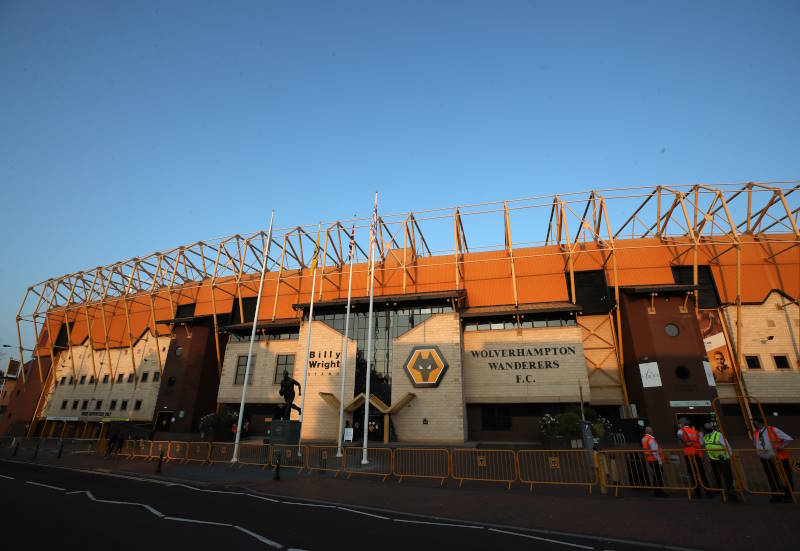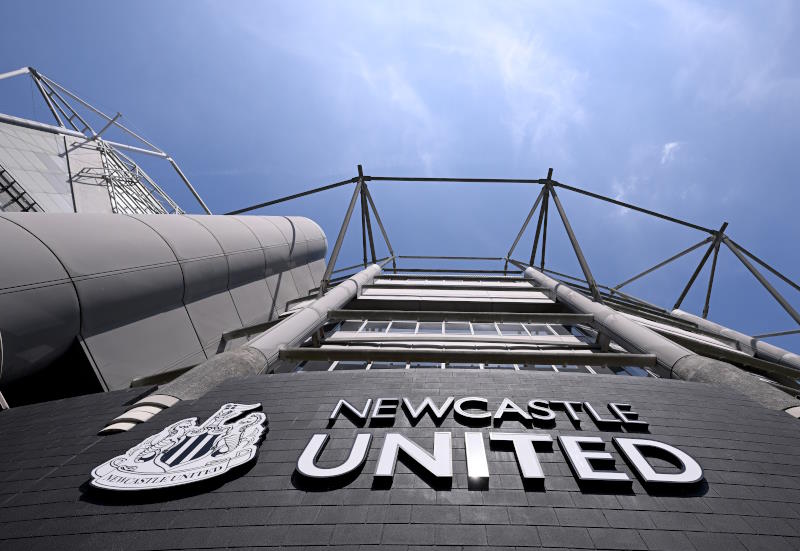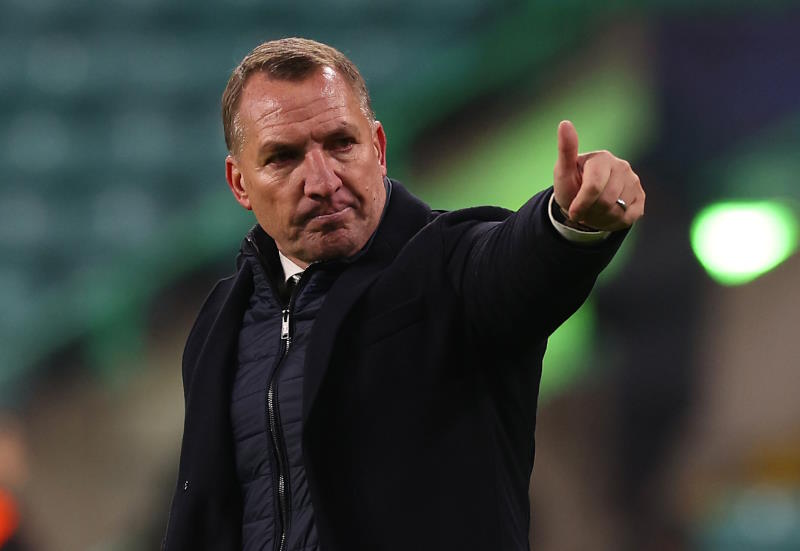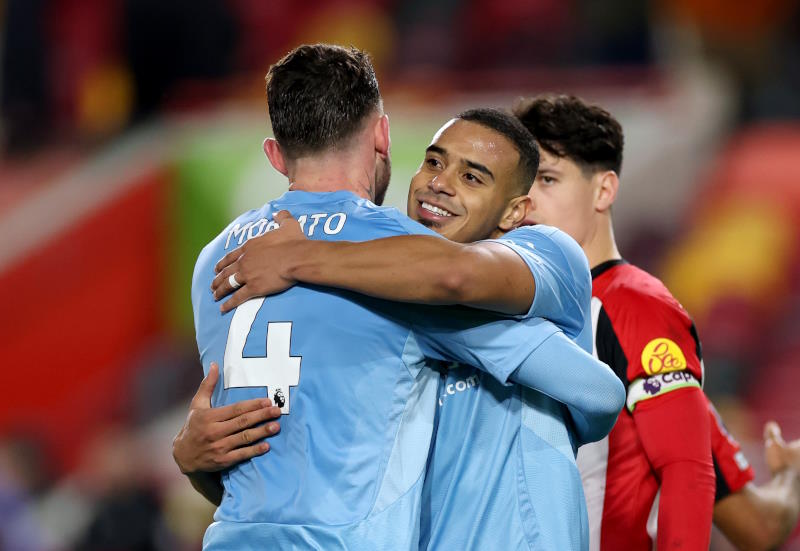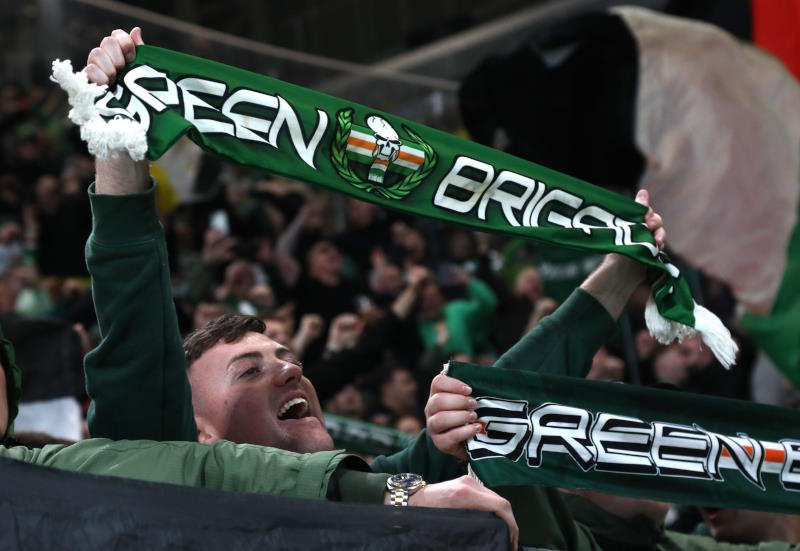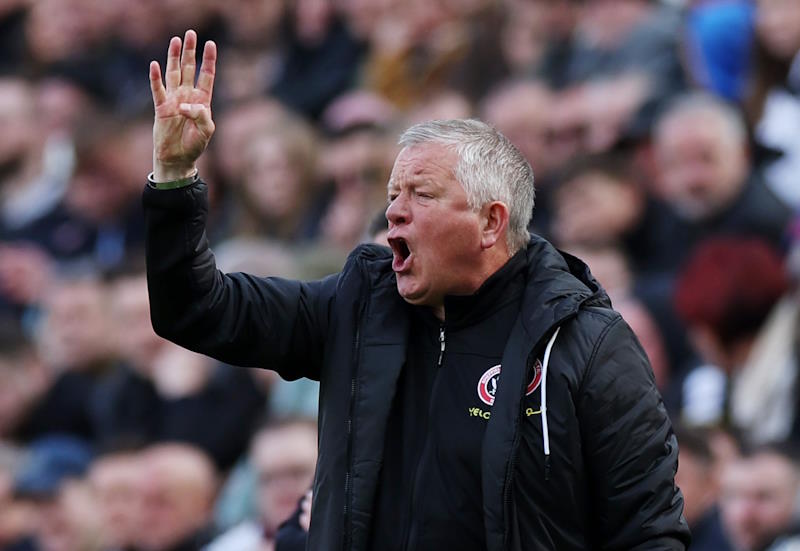
Phillip Buckley
As the final whistle sounded at an immaculate Wembley Stadium, FC Barcelona basked in the success of their third Champions League in six seasons. Manchester United, their opponents as in 2009, had been brushed aside, their players’ eyes glazing over as the Spaniards celebrated; United’s own heroes, who just weeks earlier had danced around the pitch at Ewood Park as Liverpool were dethroned as all-time top flight English title winners, had their bubble of certainty popped, and in an instant grasped the foolishness of their post-match plans for a march of glory.
For Barcelona though, this was not about showing United, or even Europe for that matter, that the gulf between the two sides had grown since that night in Rome two years ago. It was, amidst the blue and red scarves, reflected in the gleaming silver of the Champions League trophy, and deep down in the heart of every Catalan, about another step towards Real Madrid and the company in which the Blaugrana faithful believe they belong. Before the 2006 Champions League final in Paris, Barcelona had just one European Cup to their name. When the accolade "world’s biggest club" was banded about, attaching it to a side which, at that time, had picked up the heaviest most prized piece of silverware in football less times than provincial English side Nottingham Forest, did not sit right; it did sit right at the Bernabeu and that irked.
United, for all their qualities, both genuine and imagined, were never going to stop a well-oiled Catalan machine. Over two legs, with a little luck and a lot of defending, the impossible is possible. Liverpool did it in 2007, Inter just last year – but in a final, on a pitch as wide and lush as Wembley’s, Barcelona would not be denied.
The opener, with Andres Iniesta playing his, surely in excess of one millionth, pass to Xavi, saw Pedro picked out by the diminutive midfielder. A low rifled shot into the right hand corner nestled comfortably. It was clinical. It was quick. It was a sign of what was to come. For a moment though, just a flicker of a moment, the English were "in" the game. A slick move forward, a give and go from Wayne Rooney, and the shaven-headed striker slotted home. At 1-1, hopes were rekindled; United believed.
The second half though saw the Catalans’ tiki-taka passing move up, slowly, from gear to gear; but Lionel Messi’s strike – his 37th in the Champions League – was a thunderbolt. The ball picked up, he turned with a jink, a shimmy, and then a powerful strike past Edwin van der Sar. With that the gates opened, Barcelona dominated further and David Villa, who had managed just one goal in his previous 18 games, wrapped things up with a beautiful curled shot from the edge of the box. It could have been more, but Barcelona were satisfied and United no longer believed.
Sir Alex Ferguson may ponder just what needs to be done if, as seems certain, the football gods once again throw his side, like a damsel in distress, in front of the Barcelona train. An extra rugged no-nonsense centre back in midfield as patented by Jose Mourinho when Real Madrid edged out Josep Guardiola’s side in the Copa del Rey final in April is an option; perhaps even two. But all done at the risk of disrupting and depriving a side’s own game, and loading a team with defenders is not an honourable pursuit. Yet, stopping Barcelona from enjoying between seventy and eighty per cent possession, as is so often the case, could well be a prerequisite for any side hoping to throw a spanner in the works. Another approach, that of nine or ten men behind the ball and launching quick counterattacks, can work, but passengers cannot be carried and at Wembley, United keeper Van der Sar looked every inch the 40-year-old ready to hang up his gloves; a little slower, a little more ponderous and a little greyer – it was disappointing for the Dutchman to bow out in defeat.
Barcelona will continue their style, no doubt adding further players to fill holes in the summer – until an Einstein of a coach works out how, with utter certainty, to defeat it. An arrival at the Camp Nou carries with it an acceptance of "fitting in". Positional demands sacrificed for the good of the team, as Spain’s central striker Villa has found when shifting out to the flank to accommodate Messi in the centre. Egos can be left at the door; none could be justified in such company in any case.
Messi 23, Iniesta 27, Xavi 31, Pedro 23, Sergio Busquets 22, Villa 29 – the portents for the pretenders wishing to knock the King of his throne are not good. 40-year-old Guardiola could conceivably continue to lead for another three or four years yet, before the pressure of representing a nation in a club requires rest. Another three or four Champions League titles would put Barcelona on the brink of Real Madrid’s record of nine. Then could they rest easier? Perhaps. But with La Masia sending through more talents steeled in the Catalan ways, the omens for those who would claim the spoils are not good.
Comfort, for every non-Spanish side may be found in the fact that, an unlucky draw aside, meeting Barcelona is still something that may not happen, and if it does, not with regularity. Worries aplenty and the weight of the world instead weigh on Jose Mourinho at the White Castle. The Portuguese has made the art of timing in coaching a trademark, sweeping all before him to be acclaimed as a genius. Yet, the 48-year-old may have made a monumental error in crossing the Spanish border in the era of Barcelona, the era of tiki-taka, an era which shows no sign of ending before Mourinho has been exiled from La Liga with his tail between his legs, just another coach unable to dislodge the limpet-like grip of the Blaugrana.

